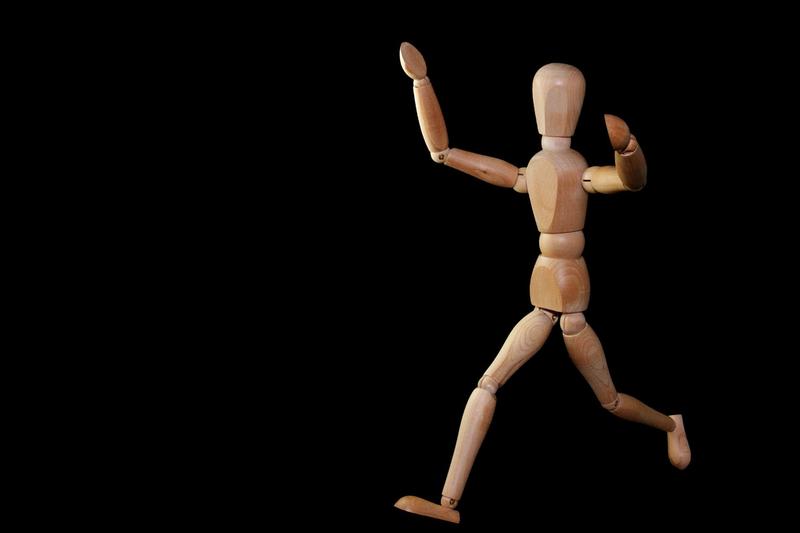BTUs and the Human Body

BTUs are a way that energy is measured. Although the measurement is often reserved for appliances and machines, it can also be applied the energy taken in and given off by each human body.
The human body generates an average of 330 BTUs every hour, based on eating a 2,000-calorie-per-day diet. Eating more or less, engaging in more activity or relaxing can all affect the number of BTUs each individual produces. All that energy we take in go to powering the heart to pump, the lungs to inflate and deflate and for all the chemical and electrical reactions that take place in the body. Because humans are warm-blooded, any excess heat that you don’t need has to be exhaled through the breath or radiated through the skin.
What Are BTUs?
The British Thermal Unit (BTU) is part of a common measurement system used widely throughout the United States. It measures energy. Specifically, it measures how much energy is needed to increase the temperature of a pound of water by a single degree Fahrenheit while at sea level. BTUs measure the amount of energy needed to complete the process when water is at its densest, usually around 39 F.
It’s kind of like calories. Calories measure energy in the metric system. They also are the measurement of energy that you take into your body. BTUs typically represent the amount of energy that appliances and electronic devices can process to complete their tasks.
The Human Body Generates BTUs
BTUs are commonly used to measure the energy of machines. The human body is much like a living, breathing biological machine. The body acts like a heat engine. As you consume food, your body converts that energy into heat to operate the body and maintain metabolism.
Thermal balance is the need for the body to maintain relatively stable temperatures to sustain life. That’s why you give off heat and burn calories during periods of exercise or hard work.
How Many BTUs Do Humans Generate?
When humans eat around 2,000 calories, they generate between 300 and 400 BTUs per hour. Eating that same daily calorie amount gives humans around 7,900 BTUs of energy. Most of that is used up during the digestive and metabolic process.
The BTU Formula
Each person’s metabolic rate affects home many BTUs are generated. Other possible factors include whether the person is active or sedentary, The basic equation that you can use to calculate this is as follows:
- 2,000 calories input = 3.12 horsepower per hour =7,900 BTUs.
Only about 1/24 of that input ends up as output, on average. So, you need to divide BTU input by 24. This gives you the average hourly number of BTUs that the human body gives off every hour.
- 7,900 BTUs / 24 = 329.17 BTU.
Factors that Affect BTU Generationf
When you’re sleeping, you give off fewer BTUs. Reclining, sitting quietly and standing in a relaxed way are all low-energy activities. When you’re engaging in these actions, you’re probably giving off fewer than 330 BTU. If you’re walking, lifting, driving or performing standard activities, you could be generating a bit more. Vigorous activities like dancing and exercising increase the number of BTUs.





